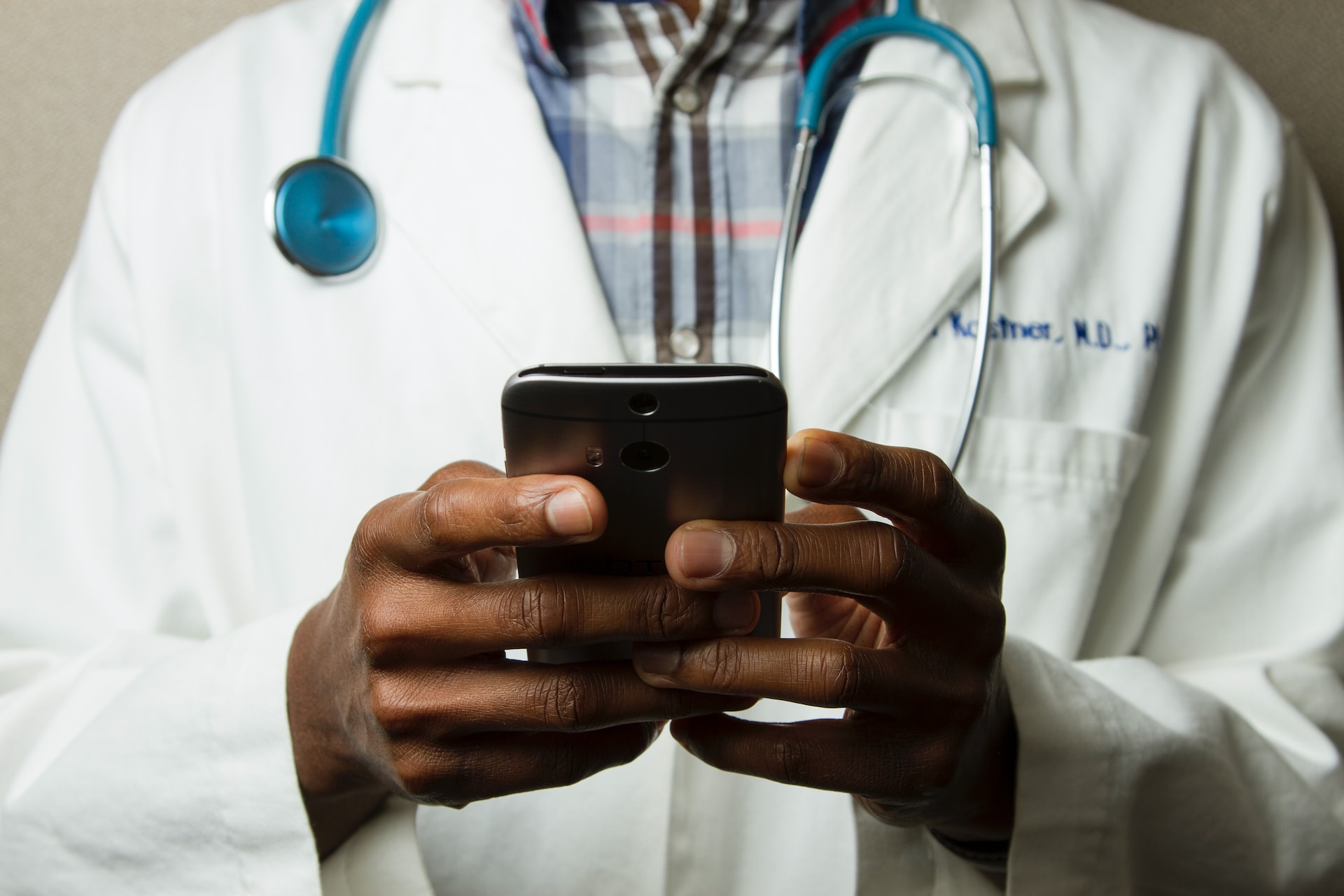Written By Jasmine Smith, CEO at Rejuve.AI
It’s no secret that the global longevity and health divide mirrors the wealth divide. Access to alternative therapies, and sometimes even basic tests are often reserved for the people who have the funds to pay for them. While it’s fairly normal to see the more affluent members of society access and experience things that the rest of society can’t, it feels very different when it comes to health and longevity. In the UK and US, it’s estimated that the wealthiest people not only live longer, but they are also ‘disability-free’ for 8-9 years longer than the poorest individuals.
The richest members of society having a monopoly on health and life-enhancing products seems ethically amiss, especially when you consider just how much a person’s lifestyle can have on their health. Not only is lifestyle a stronger determinant of life span than genetics, but if you consider epigenetics, conditions that a person is predisposed to can be ‘triggered’ by lifestyle factors. You could have two people who are both predisposed to heart issues but sit in different wealth brackets, both experiencing stress, but with the wealthiest person being able to manage it through acupuncture or hypnotherapy, both of which would be out of reach for the poorest person. This would drastically increase the likelihood of the poorer person to develop the condition.
Being able to live a healthier life and extend your longevity should be seen as a right, not a privilege, and access to all needs to be improved.
Revolutionizing healthcare access through technology
Emerging technologies like blockchain and AI are helping to bridge the healthcare access gap in many ways. Blockchain is not only enabling people to regain control of their own health and medical data, but it is empowering them to be able to use that data to their advantage.
For example, the decentralized nature of blockchain technology is enabling people to retain ownership of their own data and records. Instead of giving up your data for a tech giant to use it for their own advantage, a person can use it to support causes they have an interest in or even ‘monetise’ it to gain access to goods and services. Due to the nature of the technology, they also aren’t ‘blindly’ giving up their data as they are able to track its use, in addition to being able to give and revoke access at any given time.
It can also prove to be a valuable tool to help bridge the healthcare access gap. For instance, Rejuve’s Longevity app enables people to offer their data in order to gain a better understanding of their overall health, but in exchange for this data – which is used to support medical research to also further bridge the divide – they can also access treatments and alternative therapies that are usually reserved for the wealthiest in society. They also retain control and visibility of how that data is being used.
Another way blockchain could eventually enable access to healthcare more broadly is through offering proof of identity. For those who don’t have documentation proving their identity in some countries, it can be difficult to access healthcare, even if it is free. Blockchain could soon be used to support the creation of digital identities – based on different factors like biometric data or genetic signatures – that can offer this proof, and consequently help them to access healthcare.
But this is only one piece of the puzzle.
Harnessing the power of AI
AI has seen a significant rise in popularity due to the wide array of possibilities it has the power to create. Key examples include AI-powered products and services, such as virtual assistants, personalized recommendations, and smart home devices, all of which have gained widespread recognition, increasing the public’s awareness and acceptance of AI technologies.
Like blockchain, AI has the potential to play a crucial role in enabling fair healthcare access for everyone by addressing the various challenges and disparities in the healthcare system.
For starters, AI algorithms can analyze healthcare data to identify regions with high healthcare needs and allocate resources both accordingly and fairly. Through a thorough analysis, it is these algorithms which can identify regions and communities that are underserved or experiencing high healthcare needs. Once these regions are identified, AI-driven resource allocation systems can ensure a more equitable distribution of medical facilities, healthcare professionals, and essential supplies. This can help ensure that medical facilities, staff, and supplies are distributed based on actual demand, making healthcare access fair for everyone. In the future, AI could also help support better allocation of other resources that support a healthier lifestyle like healthier food.
AI-powered language translation tools can also facilitate communication between patients and healthcare providers who speak different languages, fostering inclusivity and improving healthcare access for linguistically diverse populations. Whether it’s a medical consultation, discussing symptoms, or explaining treatment options, AI-enabled translation ensures that crucial information is accurately conveyed, promoting effective communication and shared decision-making.
Additionally, AI can play a crucial role in decision support for clinicians. In regions with limited access to specialized medical expertise, AI decision support systems can provide remote healthcare providers with guidance on diagnosing and treating specific conditions. This helps bridge the gap between urban centers with advanced healthcare facilities and underserved areas. By helping to suggest evidence-based options in areas where local expertise might be limited, AI can be critical in decision-making.
As these emerging technologies continue to mature and integrate into healthcare systems worldwide, they offer a path towards a future where health and longevity are considered basic rights rather than privileges. The convergence of blockchain and AI can create a healthcare ecosystem that embraces inclusivity, data empowerment, and evidence-based care, ultimately bridging the gaps in access and ensuring a healthier, more equitable world for all. While challenges remain, the promise of these technologies shines a light on a more just and accessible healthcare future.


